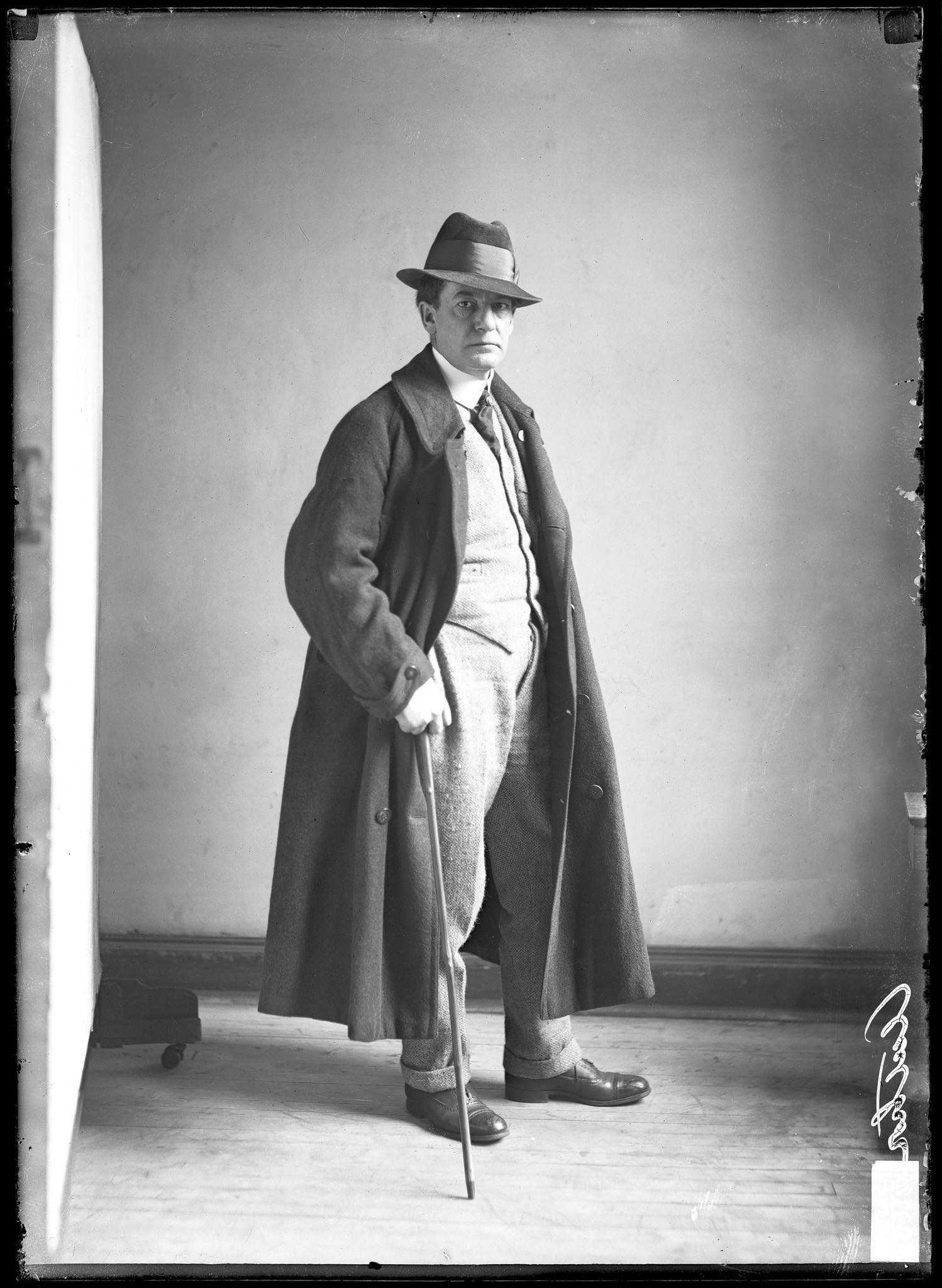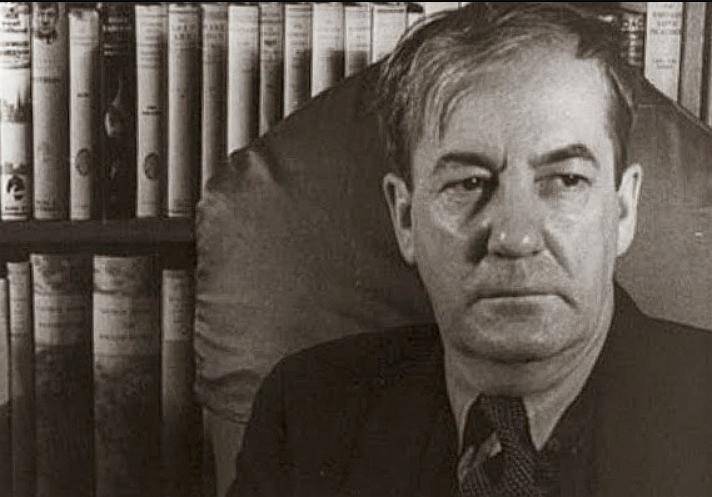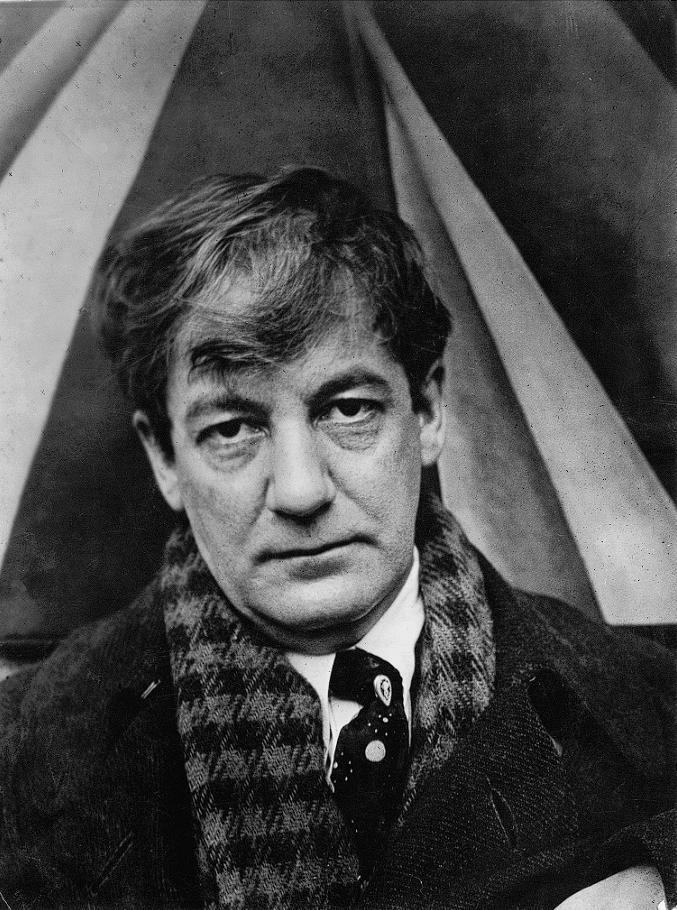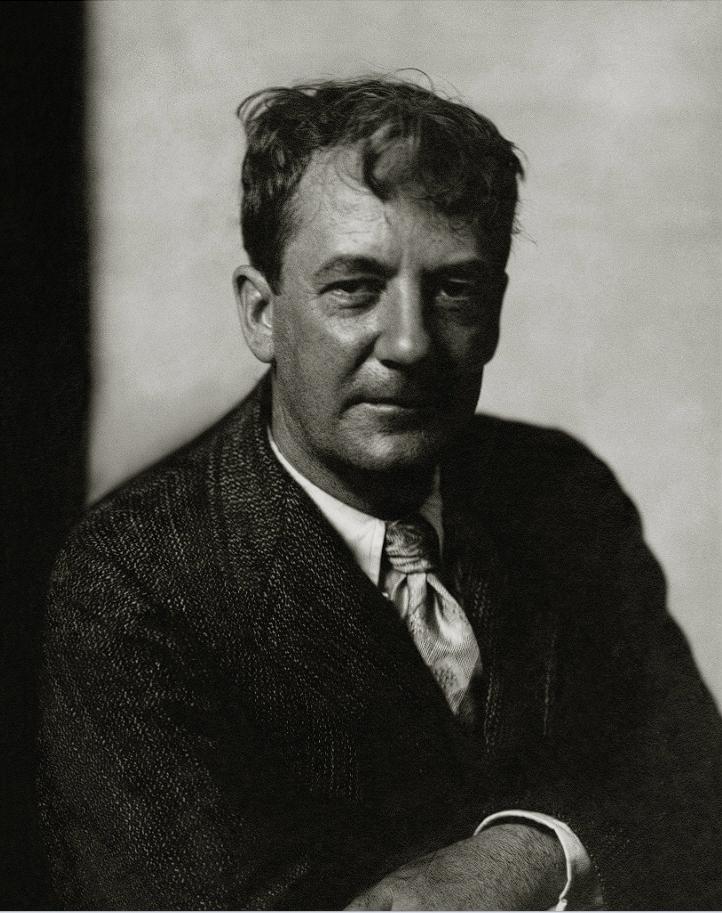In 1912, Sherwood Anderson’s life took a dramatic and almost mythical turn, a pivotal moment that not only reshaped his own destiny but also left an indelible mark on American literature. His abrupt departure from a conventional life to pursue writing stands as a compelling narrative of self-discovery and artistic liberation.
The Dramatic Shift in Sherwood Anderson’s Life
Sherwood Anderson’s sudden departure from his established life in 1912 marked a profound transformation, leading him to embrace his true calling as a writer.
The Conventional Life
Prior to 1912, Sherwood Anderson lived a life that conformed to societal expectations, characterized by stability and financial security.

- Business Career:
- He held a stable career as a businessman in Elyria, Ohio, demonstrating his ability to succeed in the corporate world.
- He had a business career.
- Family and Security:
- He had a family and enjoyed financial security, fulfilling the traditional roles expected of a man of his time.
- He had family and security.
- Societal Expectations:
- His life reflected the societal expectations of the early 20th century, emphasizing material success and stability.
- He met societal expectations.
The Breaking Point
The breaking point came when Anderson abruptly walked out of his office and disappeared, signaling a rejection of his conventional life.
- Sudden Departure:
- His sudden departure was unexplainable, leaving behind his career, family, and financial security.
- He had a sudden departure.
- Amnesia and Confusion:
- Days later, he was found wandering the streets of Cleveland, dazed and suffering from amnesia, highlighting the psychological turmoil he experienced.
- He experienced amnesia and confusion.
- Rejection of Conformity:
- This dramatic event symbolized his rejection of conformity and his desire to break free from the constraints of his established life.
- He rejected conformity.
Transformation and Liberation
This dramatic episode wasn’t just a crisis but a transformative moment, leading Anderson to embrace writing as his true path and liberating himself from societal constraints.

- Radical Self-Liberation:
- His decision to abandon his business career and pursue writing was a radical act of self-liberation, demonstrating his commitment to his artistic aspirations.
- It was radical self-liberation.
- Embracing Writing:
- He chose to embrace writing, a decision seen as reckless by many, but one that allowed him to express his creative vision.
- He embraced writing.
- Personal Awakening:
- This transformation marked a personal awakening, leading him to discover his true self and fulfill his artistic potential.
- It was a personal awakening.
The Artistic Journey and Literary Impact
Sherwood Anderson’s decision to pursue writing led to the creation of deeply personal and influential works, most notably “Winesburg, Ohio.”
Devotion to Storytelling
From the moment of his liberation, Anderson devoted himself to storytelling, drawing from his own experiences and struggles to craft his narratives.
- Personal Struggles:
- He drew from his own struggles and inner conflicts, infusing his writing with authenticity and emotional depth.
- He drew from personal struggles.
- Honest Narratives:
- His narratives were unflinchingly honest, exploring the complexities of human nature and the challenges of modern life.
- He crafted honest narratives.
- Artistic Expression:
- He used storytelling as a means of artistic expression, capturing the essence of human experience and conveying profound truths.
- He used artistic expression.
“Winesburg, Ohio” Masterpiece
“Winesburg, Ohio” is considered a masterpiece of American modernist fiction, characterized by its exploration of small-town life and psychological realism.

- Small-Town Life Exploration:
- The book explores the lives of the inhabitants of a small Ohio town, revealing their inner thoughts and hidden desires.
- It explored small-town life.
- Psychological Realism:
- Anderson’s use of psychological realism allowed him to delve into the minds of his characters, creating a sense of intimacy and understanding.
- It used psychological realism.
- Modernist Fiction:
- As a work of modernist fiction, “Winesburg, Ohio” challenged traditional narrative structures and explored themes of alienation and isolation.
- It was modernist fiction.
Literary Influence
Anderson’s writing had a profound influence on subsequent generations of American writers, shaping the landscape of modern literature.
- Influence on Hemingway and Faulkner:
- He influenced writers such as Ernest Hemingway and William Faulkner, who acknowledged his impact on their own work.
- He influenced Hemingway and Faulkner.
- Exploration of Human Psyche:
- His exploration of the human psyche and his focus on individual experience paved the way for future writers to delve into similar themes.
- He explored the human psyche.
- Narrative Innovation:
- His narrative innovations and his ability to capture the complexities of human emotion contributed to the evolution of American literary style.
- He used narrative innovation.
The Enduring Legacy of Sherwood Anderson
Sherwood Anderson’s legacy extends beyond his literary works, encompassing his courage to pursue his artistic vision and his impact on American literature.
Courage and Artistic Vision
Anderson’s courage to reject a conventional life and pursue his artistic vision serves as an inspiration for aspiring writers and artists.
- Inspiration for Artists:
- His life story inspires artists to follow their passions and pursue their creative dreams, even in the face of adversity.
- He was an inspiration for artists.
- Commitment to Authenticity:
- His commitment to authenticity and his willingness to explore difficult themes set a precedent for future writers.
- He committed to authenticity.
- Breaking Free from Constraints:
- His decision to break free from societal constraints and pursue his true calling demonstrates the power of self-determination.
- He broke free from constraints.
Impact on American Literature
Anderson’s impact on American literature is undeniable, with his works continuing to be studied and admired for their psychological depth and narrative innovation.

- Continued Study and Admiration:
- His works continue to be studied and admired for their insights into the human condition and their contributions to American literary tradition.
- He is studied and admired.
- Psychological Depth:
- The psychological depth of his characters and his ability to capture the nuances of human emotion contribute to the enduring appeal of his writing.
- He showed psychological depth.
- Narrative Innovation:
- His narrative innovations and his ability to challenge conventional storytelling techniques have left a lasting impact on American literature.
- He used narrative innovation.
Personal and Literary Legacy
Sherwood Anderson’s personal and literary legacy highlights the transformative power of self-liberation and the enduring impact of authentic storytelling.
- Transformative Power:
- His life story exemplifies the transformative power of self-liberation and the courage to pursue one’s true calling.
- He showed transformative power.
- Authentic Storytelling:
- His commitment to authentic storytelling and his ability to capture the complexities of human experience contribute to his enduring legacy.
- He used authentic storytelling.
- Enduring Inspiration:
- He remains an enduring inspiration for writers and artists, reminding us of the importance of pursuing our passions and expressing our unique voices.
- He is an enduring inspiration.
Sherwood Anderson’s dramatic life change and his dedication to writing have left an indelible mark on American literature. His courage to pursue his artistic vision and his ability to capture the complexities of human experience continue to inspire and resonate with readers today.
